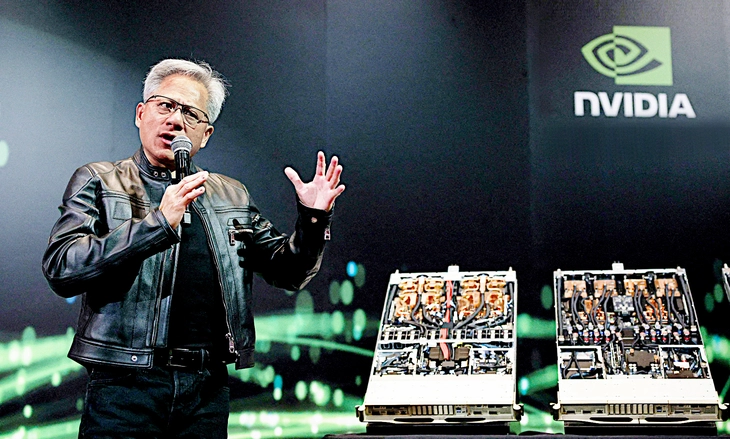
Mr. Jensen Huang, CEO of Nvidia, speaks in Taiwan on May 21, 2025 - Photo: AFP
On September 17, CEO of Nvidia Corporation (USA) Jensen Huang shared that he was disappointed after the Financial Times reported on the same day that the Cyberspace Administration of China (CAC) had ordered domestic companies such as ByteDance and Alibaba not to buy Nvidia's RTX Pro 6000D chip - a chip manufactured specifically for the Chinese market.
The move marks Beijing's latest step in efforts to reduce its dependence on Nvidia hardware and promote domestic alternatives.
Like a "roller coaster"
Mr. Huang assessed that Nvidia's business in China in recent years has been a "roller coaster" full of fluctuations.
"We can only serve a market if that country wants us there. We probably contribute more to the Chinese market than most other countries. I feel disappointed with what I see. However, there are bigger issues to resolve between the US and China and I understand that," he shared.
Nvidia dominates the market for chips needed to build and run AI services at companies like OpenAI and Meta. Chinese companies still want access to its hardware, despite some progress in developing domestic alternatives. The chipmaker has pressed the Trump administration to loosen export controls.
The restrictions, which will start in 2022, are designed to prevent China from gaining access to advanced AI technology that could give Beijing a military advantage. Washington has repeatedly tightened the rules, forcing Nvidia to design new chips specifically for the Chinese market while still meeting US requirements.
The RTX Pro 6000D is Nvidia's least flashy product line. The chip is designed for workstations that handle graphic design or product development, but can be used for AI data centers, albeit at a reduced performance.
There's also a server version of the RTX Pro 6000D, meant for use in small enterprise data rooms, rather than the mega-systems that the more powerful Blackwell versions of the chip are aimed at.
Despite geopolitical tensions, Mr. Huang emphasized: "The Chinese market is large and important. The technology industry there is dynamic and we have served this market for the past 30 years."
He affirmed that Nvidia will "continue to support the Chinese government and Chinese companies in the way they wish and of course will continue to support the US government in the process of addressing geopolitical policy issues."
Bargaining chip?
The US had previously imposed restrictions on exports of Nvidia AI chips to China, including the H20, citing national security concerns. However, in August, the White House announced that President Donald Trump and Mr. Huang had reached an agreement under which Nvidia would be granted an export license if 15% of H20 chip sales in China were transferred to the US government.
After Nvidia convinced Washington, Beijing protested, according to Bloomberg. Chinese officials have encouraged companies not to use H20 chips—a guideline that falls short of an outright ban but could still have negative repercussions. Nvidia said last week that despite Washington’s green light to export some H20 chips, the company has yet to make those shipments.
The information published in the Financial Times on September 17th was another shock to Nvidia. Earlier this week, the State Administration for Market Regulation of China (SAMR) opened an antitrust investigation into Nvidia regarding the acquisition of Mellanox, an Israeli technology company that specializes in providing networking solutions for data centers and servers.
"It's clear that China wants to develop AI at its own pace based on domestic technology. They would rather accept the difficulties now than rely on US technology, which can be restricted at any time at will," said Mr. Vey-Sern Ling, CEO of Union Bancaire Privee Company.
However, he noted that while Beijing's latest move demonstrates confidence in its domestic supply chain, "it is likely still a bargaining chip in trade negotiations" with the US.
According to the Financial Times, Chinese regulators made the latest decision because of a growing sense that domestic chips have made significant strides in sophistication.
Huawei is leading the way in developing AI chips for the domestic market, while upstarts like Cambricon Technologies are also making progress. Companies like Alibaba and Baidu, eager to reduce their dependence on foreign chips, are developing homegrown solutions.
US - China leaders talk on the phone
On September 18, Huawei first announced its long-term chip plans and said it would launch some of the world's most powerful computer systems. The timing of the announcement was said to be carefully calculated to create maximum impact just before the phone call between Chinese President Xi Jinping and US President Donald Trump on September 19.
"China is trying to show that it is doing very well on many fronts. Xi will be more confident when talking to Trump," commented Associate Professor Alfred Wu at the National University of Singapore.
Source: https://tuoitre.vn/trung-quoc-siet-nvidia-khoe-chip-noi-dia-tinh-duong-mac-ca-voi-my-20250919075555771.htm







![[Photo] Cutting hills to make way for people to travel on route 14E that suffered landslides](https://vphoto.vietnam.vn/thumb/1200x675/vietnam/resource/IMAGE/2025/11/08/1762599969318_ndo_br_thiet-ke-chua-co-ten-2025-11-08t154639923-png.webp)
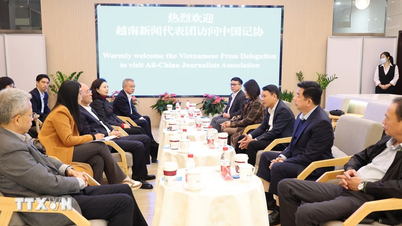


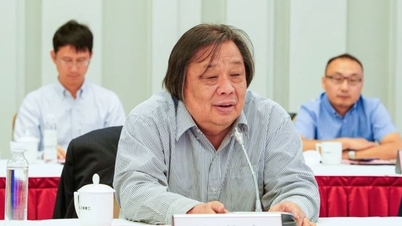





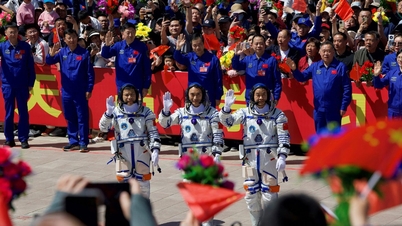





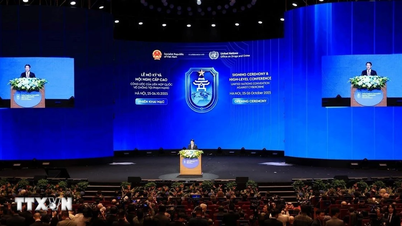





















![[Video] Hue Monuments reopen to welcome visitors](https://vphoto.vietnam.vn/thumb/402x226/vietnam/resource/IMAGE/2025/11/05/1762301089171_dung01-05-43-09still013-jpg.webp)













































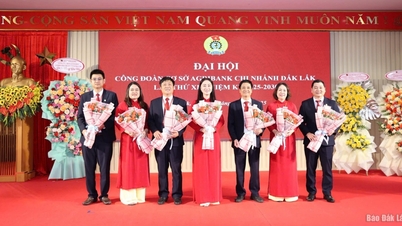




















Comment (0)